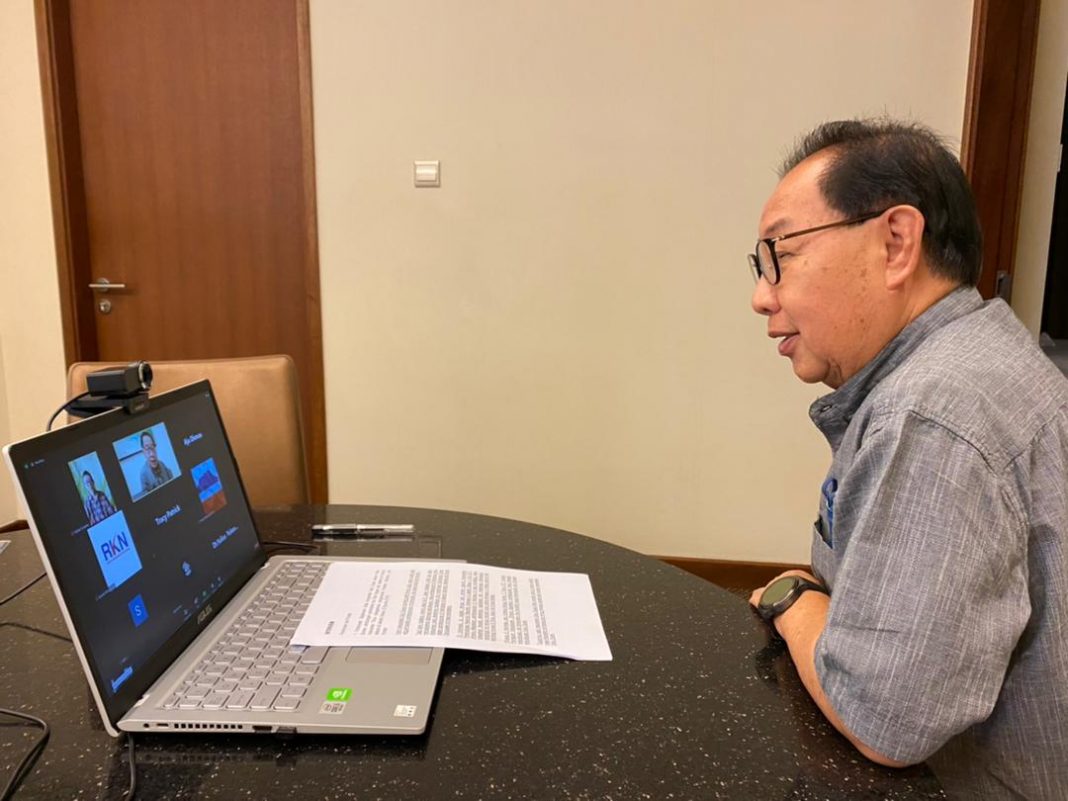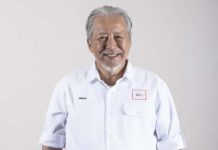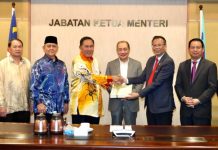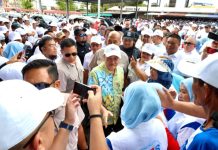KUALA LUMPUR: The Dayak International Organization (DIO) has proposed establishing the Dayak International Justice System to organise and unite the Dayak communities in Borneo.
Its president Datuk Seri Panglima Dr Jeffrey G Kitingan, said the Dayak communities, which number over 10 million across Borneo, are frequently confronted with issues such as land grabbing, cultural infiltration, demographic engineering and the criminalisation of tradition, among others.
“On top of that, the Dayak people are also falling behind in terms of education since many of them, such as in Kalimantan, prefer to live on their ancestral lands, which are often deep in the jungle.
“However, lately, there is a growing awareness within our Dayak communities of the need to unify and work together for the sake of future generations,” he said.
Kitingan said this in an interview today by Rumah Kebudayaan Nusantara (RKN), a community organisation based in Jakarta, Indonesia.
He stated that the Dayak communities must band together and form their own institution, with representatives from all four regions of Borneo, namely Sabah, Brunei, Sarawak and Kalimantan.
“Once we come together under one banner, we will have a stronger voice in local politics and may be able to influence policymaking in our respective governments.
“We are one race, and governments must acknowledge this. We need to have a voice at the global level in the United Nations.
“By establishing the Dayak International Justice System, we will be able to codify our traditional Adat and one day we will be able to use this system to administer the whole Dayak communities throughout Borneo. It would be a borderless Borneo,” he explained.
Kitingan said the idea is based on the United Nations Declaration on the Rights of Indigenous Peoples (UNDRIP), which states that indigenous peoples have the right to culture, identity, language, protection of traditional lands and many other rights, including the right to self-determination.
The Dayak people, he said, must be bold in demanding and capitalising on these rights to better their communities while preserving their traditions and way of life.
“These include the right to receive education while also having the opportunity to promote our traditional knowledge and Adat based on our three principles of respecting our ancestors, honouring our parents and venerating the environment,” he said.
So far, he said the DIO has successfully organised several events, including sporting events and a Borneo cultural festival that celebrates the customs and arts of the Dayak people.
“However, these activities are not nearly enough to bring us all closer together. The COVID-19 pandemic also slowed our progress. However, we will engage in more activities like this in the future. We must keep this momentum going,” he concluded.-pr/BNN






